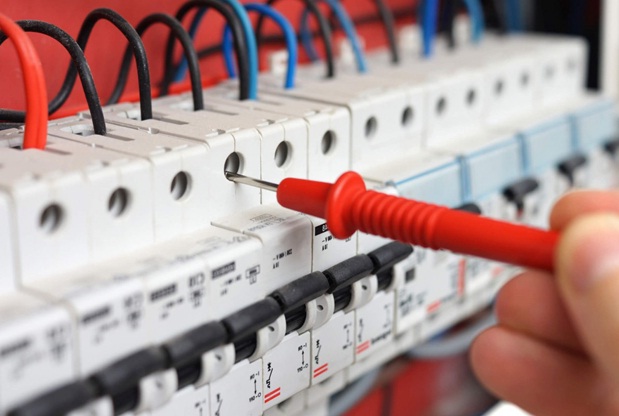If you are thinking about seeking a profession in an Electrical field, then undertaking training in this specific field is very important. Electrical training programs are intended to provide students with the necessary practical and technical skills to enter this field.
The Electrical training programs are designed to prepare the students to work in residential, commercial, industrial, construction or in the utility industry to install, maintain or repair a variety of electrical fixtures, wiring, and system equipment. Students enrolled in electrical training program have the opportunity to learn the application of technical electrical skills through hands-on training, while developing good work habits that are needed to obtain entry-level employment in this field.
During electrical training programs you get the exposure of the following:
Classroom Learning
Classroom learning involves listening to an instructor, sharing information with the class and reading out the text material. During this, you will learn codes, safety information as well as different components of trade. You will be verified on that information as you move through the program.
Online Learning
Despite of the classroom learning, electrical training programs are available online. Through online you get the plenty of study time. A portion of the learning for electrical qualification involves learning and others include taking information and having the capacity to apply it to a given situation. In this kind of learning, you develop a solid foundation of knowledge. This will help you to investigate and assess needs of a specific task.
Must Read: Pros and Cons of Online Education
Hands-on Training
In addition to the classroom learning, you will get an opportunity to engage in hand on training as well. This might be directed through a mock set up that looks like life scenarios. It can be conducted working with another licensed proficient in this field. This is a major part of electrical qualifications so that you can learn right methods and rules required for the work.
The main goal of electrical training programs is to provide the basics of hand on trainings, as explaining every aspect will be difficult to explain. Moreover, the ability and skills continue to develop after some period of time. You must always be willing to learn, patient and a problem solver. This type of work is not suitable for the one who do not want to work under pressure, in other words, who doesn’t want to get out of his or her comfort zone.
Despite of the fact that each program is extraordinary, you learn from them the following perspectives:

- Electrical Safety
There are threats sneaking wherever you look when it comes to this profession. As you work according to electrical qualifications, safety is the topmost priority in everything you do. Continuously focus on your surroundings, power sources and possible dangers. You will learn the techniques like, working out as a team for safety, lock out and tag out rules and many more.
Electrical training programs can teach the students safety rules and regulations. This includes the fundamental safety measures required for different electrical hazards found at work and proper trade device applications, use, and maintenance. Notwithstanding these things, students learn basic first aid, AED and CPR methods. Understanding and following these safety standards and rules are important to progress as an expert in the electrical field.
- Electrical Theory
In an electrical training program, students also learn about electrical theories with the relationship of atomic energy, resistance in alternating circuits and direct current circuits and, electromotive force.
- National Electric Codes
In an electrical training program, students get the opportunity to learn the process of using and understanding the National Electric Code which covers the components, is and installation considerations and NEC requirements for a range of commercial electrical services. Students are also equipped with the requirements for selecting and installing tools, devices, and enclosures in different special locations.
- Trouble Shooting Circuits
In electrical training programs, students learn numerous different applications used in troubleshooting and diagnoses, like how to use electrical testers.
- Programmable Logic Controllers
Electrical training programs teach the students about diverse parts of Programmable Logic Controllers. This includes how they are linked in a closed loop system, how to program in ladder logic format, distinct input or output, and communication troublesome procedures.
Learning Outcomes
The learning outcome of the program involves the following:
- You develop the ability to recognize, formulate and solve complex electrical problems by applying the principles of science, math, and engineering.
- You are able to communicate effectively with a range of audiences.
- You develop the ability to conduct and develop appropriate experimentation, evaluate and interpret data to draw conclusions.
- You have the ability to functions efficiently as a leader or member of the team that establishes plans, goals, meet deadlines and creates a collaborative and inclusive environment.
End Words
By enjoying a career in the electrical field, you will develop personal satisfaction from the viewpoint of job security and a good pay. By acquiring right qualification you can do the job safely and efficiently.

